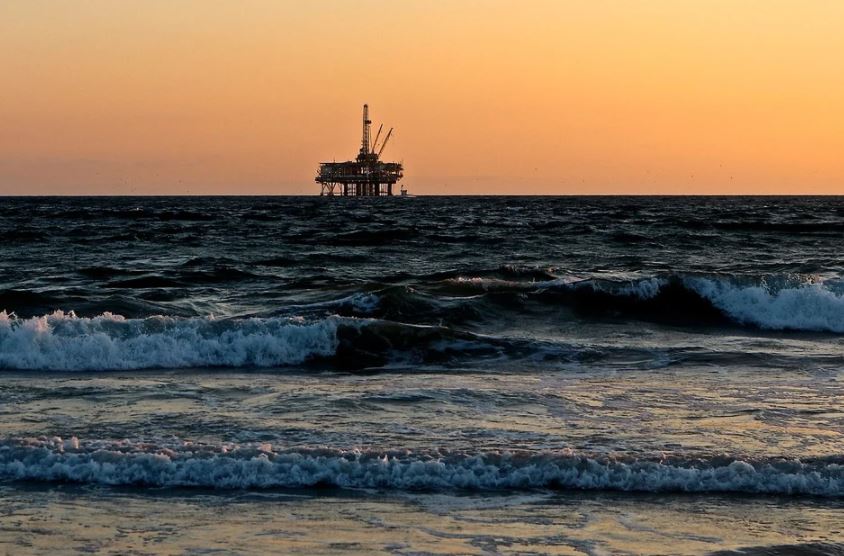Energy expert Charles Ellinas on Monday brushed aside comments made by Eni CEO, Claudio Descalzi that no EastMed pipeline could be feasible without Turkey, to which the government issued a subdued response last week.
Descalzi’s comments were rather moot, Ellinas said, since the idea of the EastMed pipeline has become a mere “academic exercise” with a “close to zero” chance of ever materialising.
What does matter, Ellinas opined, is whether Eni’s evaluation of the feasibility of other projects, namely those resulting from exploration in Block 6, would similarly depend on Turkish Cypriot positioning.
Ellinas spoke in cool tones about the recent flurry of activity and progress implied by the energy minister’s upcoming visit to Israel on the heels of the Israeli prime minister’s pronouncement that agreement had been reached on a pipeline to bring gas from Israel to a liquification facility on the island.
“Don’t expect miracles,” Ellinas said, adding that while political agreements have their uses, they are not the deciding factor.
Energy Minister George Papanastasiou, meanwhile, spoke optimistically about the “two milestone dates” which are to determine the island’s energy future, that is the upcoming meeting in Israel this week, and the May 29 meeting with companies involved in the natural gas supply chain in the presence of the president, Politis reported.
In reference to the May 29 meeting of potential stakeholders, Ellinas cautioned that while it would somewhat clarify what-is-what, there was no chance of anything substantial being reported until possibly next year, and certainly not before Chevron completes its period of confirmatory drilling.
This is the second confirmatory drilling by the energy giant, Ellinas reminded, and results could go either way, that is, either greater or lower deposits than speculated may be confirmed.
In February when Chevron presented its upcoming plans, Israel and Egypt were addressed, but no mention was made of Cyprus, Ellinas said.
Chevron did strike a deal with Israel to double its extraction of gas from 10 billion to 20 billion cubic metres annually, to be liquified using Israel’s floating liquification unit. This therefore excludes Israel from sending anything via pipeline to Cyprus, Ellinas said.
Energean had expressed interest in exporting gas to Cyprus but was not interested in taking on the building of the required infrastructure, Ellinas said. Moreover, the gas company was considering seriously exporting to Egypt and their quantities are not large enough to export to both countries, Ellinas explained.
Political hustling aside, no company will invest in anything that smacks of geopolitical instability, Ellinas told CyBC. The best thing Cyprus can do in relation to Israel is to resolve the Aphrodite-Yishai dispute.
Ellinas reiterated his earlier conviction that the island’s best and only bet out of its energy troubles was to focus on increasing penetration by solar, upgrading the grid system to cope, and bringing down emissions costs.
Asked about the huge investment made in the floating LNG storage and regasification unit (FSRU), currently in a dry dock in Shanghai, Ellinas said that after the years of delay it may unfortunately turn out to be a lemon. Natural gas is not a solution, Ellinas said, since it will remain expensive, and the EU is in any case quite rapidly phasing out its use.
Responding to claims that the FRSU is to be rented out, Ellinas pointed out that the €350 million investment was made in part through loans, which the government must return as well as interest. It is not clear at this point how its utilisation would allow for this even if it were to be rented out, nor how the investment will be made to pay for itself, the expert said.







Click here to change your cookie preferences